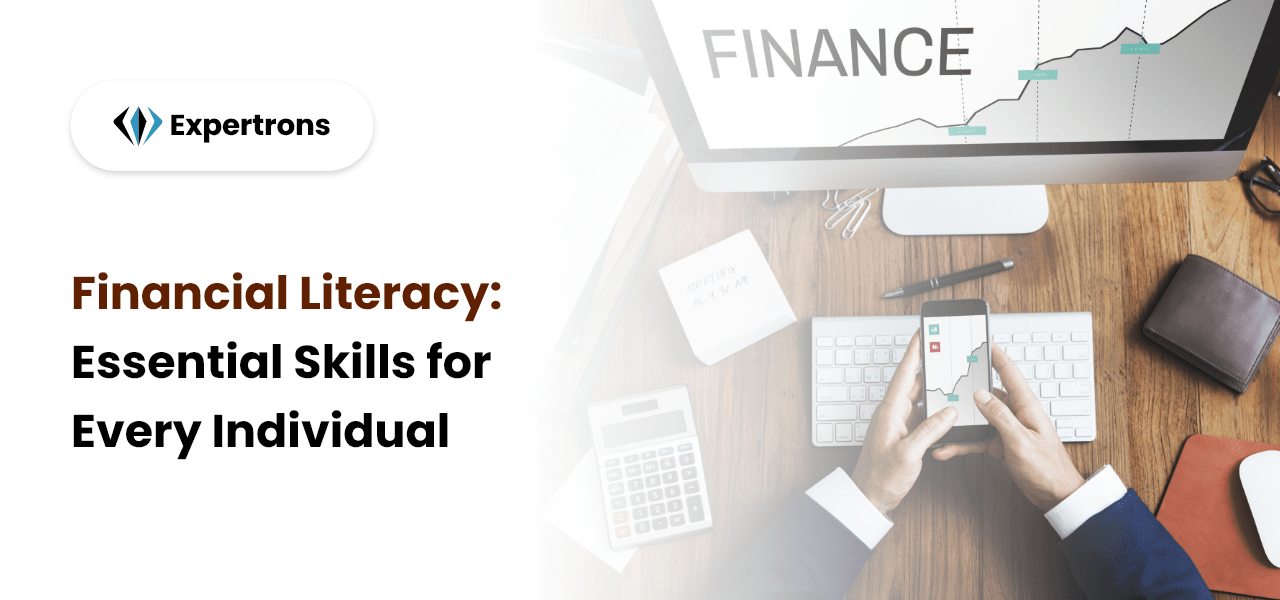Introduction
Financial literacy is a crucial aspect of personal finance management, yet many individuals lack the necessary knowledge and skills to make informed financial decisions. In this comprehensive guide, we’ll explore the importance of financial literacy, discuss essential skills for managing money effectively, and provide practical tips for improving your financial knowledge and confidence.
Understanding Financial Literacy
Financial literacy refers to the ability to understand and manage various aspects of personal finance, including budgeting, saving, investing, borrowing, and planning for the future. A strong foundation in financial literacy empowers individuals to make sound financial decisions, avoid common pitfalls, and achieve their financial goals.
Key Skills for Financial Success
Budgeting: Creating and maintaining a budget is essential for tracking income and expenses, identifying areas for saving, and achieving financial goals.
Saving and Investing: Developing a habit of saving regularly and investing wisely can help individuals build wealth over time and achieve long-term financial security.
Debt Management: Understanding different types of debt, managing debt responsibly, and developing strategies for debt repayment are essential skills for achieving financial stability.

Financial Planning: Setting short-term and long-term financial goals, creating a plan to achieve those goals, and regularly reviewing and adjusting the plan as needed are key components of financial planning.
Risk Management: Understanding various types of financial risks, such as market risk, inflation risk, and longevity risk, and implementing strategies to mitigate these risks are important for protecting one’s financial well-being.
Also read, The Impact of Artificial Intelligence on Banking Operations
Conclusion
Financial literacy is an essential skill set for navigating the complexities of personal finance and achieving financial success. By mastering key concepts such as budgeting, saving, investing, debt management, and financial planning, individuals can build a solid foundation for financial well-being and create a brighter financial future.
Frequently Asked Questions
Financial literacy empowers individuals to make informed financial decisions, manage money effectively, and achieve financial goals.
You can improve your financial literacy by reading books and articles on personal finance, taking financial education courses, seeking advice from financial professionals, and practicing good financial habits.
Budgeting helps individuals track income and expenses, identify areas for saving, avoid overspending, and achieve financial goals.
You can start investing by educating yourself about different investment options, setting investment goals, and seeking guidance from a financial advisor or investment professional.
Responsible debt management, including understanding debt obligations, making timely payments, and developing a plan for debt repayment, can help individuals achieve financial stability and reduce financial stress.










